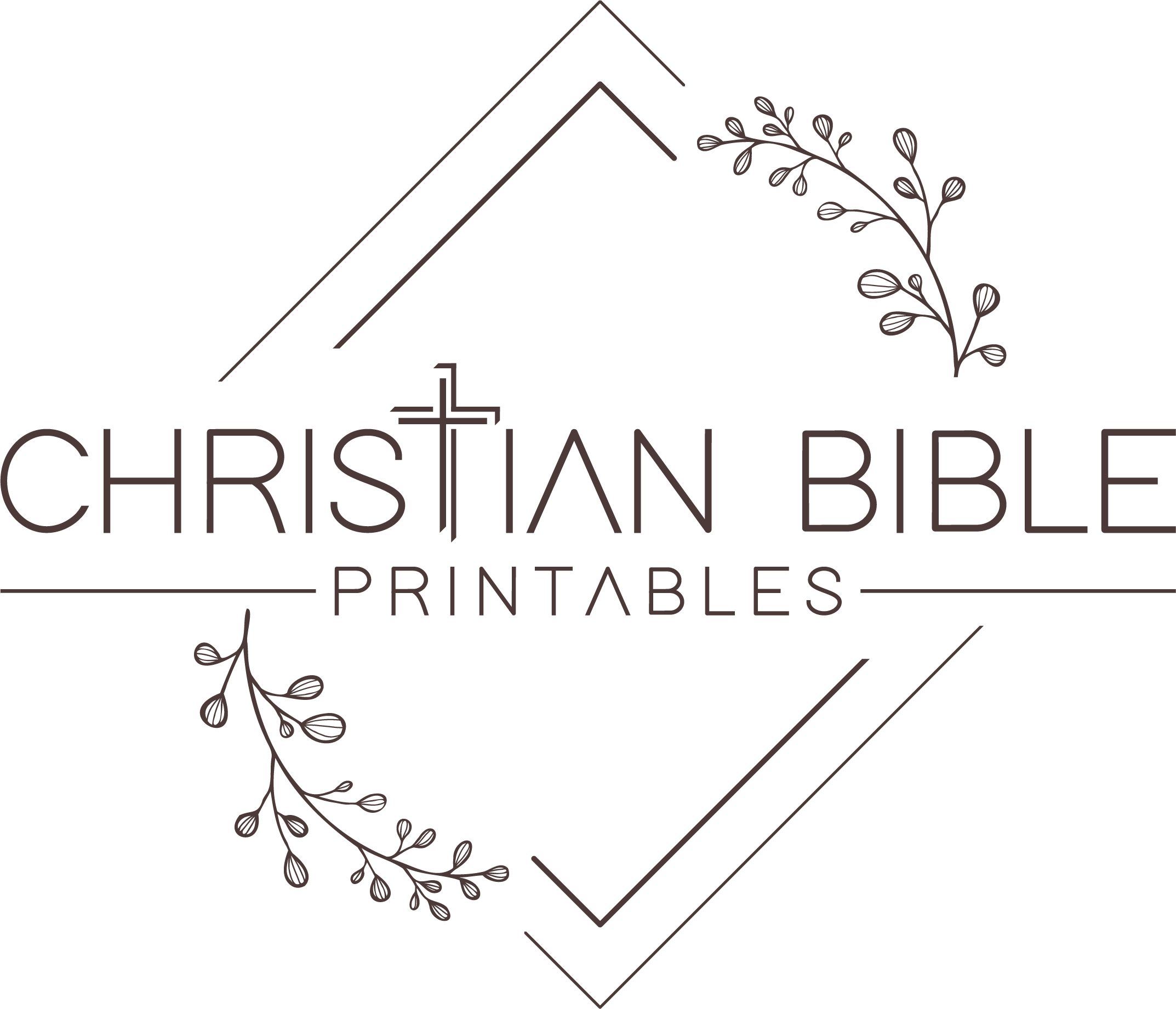There’s a unique, often complicated bond between a mother and her child. For me, that bond was marked by both deep love and a sense of being controlled. Growing up as an only child to parents who had me later in life, I was surrounded by everything I could ask for—except, it seemed, the freedom to find my own way. This is the story of me learning to love my mother and seeing her through God’s eyes, even when it hurts.
Raised in a World of Expectations
As an only child, my life was carefully shaped. I was given toys, books, and endless reminders of how fortunate I was. I had parents who loved me deeply and only wanted the best for me. But that love sometimes felt like a wall rather than a warm embrace. There was no space for heart-to-heart talks or open expressions of my own dreams and doubts. In my family, love was expressed through providing, and goodness was expected in return. I learned early on to be the “good child,” to meet their expectations and, in doing so, quieted my own voice.
When I went overseas for the first time, I felt a spark of freedom. I remember the exhilaration of dyeing my hair, choosing for once something just for myself. But each time I returned home, that spark faded, and I became the obedient daughter again. When it came to major life decisions—my career, my faith journey, even my baptism—I let my mother’s voice guide me. Part of me worried I’d disappoint them if I chose differently. The other part wondered if I’d even know how to make a decision alone.
Wrestling with Love and Resentment
It was in therapy that I finally voiced the question that had been stirring in me for years: Can you love someone so much and still feel a kind of resentment? My therapist’s answer was gentle but clear: “If nothing about this relationship changed, what would you choose to do?” As she asked me that question, I felt tears spill over. It was like my heart had been waiting to hear that it was okay to be honest about this—about the frustration, the resentment, and the sadness. And through the tears, I heard myself say, “I’d choose to treat them with patience and love.” It was like my heart had been longing to say those words, even if they felt heavy.
I realized that loving my mother didn’t mean accepting every action unquestioningly. And love didn’t mean losing myself or keeping silent. There could be space for both love and boundaries—both kindness and self-respect.
Creating Boundaries While Holding Onto Love
Today, having my own family has created a little distance and makes it easier to process and heal. My husband is my pillar of support; he encourages me to find peace in boundaries and to approach each interaction with my parents as calmly as possible.
Here’s what I’ve learned in my journey towards loving my mother in a balanced way:
- Seeing Her Humanity
I try to look beyond my mother’s words and actions to see her heart, shaped by her own life, her worries, and the expectations she faced. It’s helped me to understand that much of her control and worry is rooted in love, even if it hurts. When I remember this, I find it a bit easier to respond with compassion. - Giving Myself Permission to Feel
I used to ignore my own emotions, to tell myself I shouldn’t feel frustrated or hurt because my parents have given me so much. But I’ve learned that acknowledging my pain doesn’t mean I’m ungrateful—it means I’m honest. And honesty is the starting point for healing. Now, when I feel hurt, I take time to process it, to pray, and to seek God’s comfort. - Setting Limits to Protect My Peace
Boundaries have become an act of love in themselves. I choose what topics I’m willing to discuss and which ones I keep off-limits. This way, I’m able to engage with my mother without becoming overwhelmed. By preserving my peace, I’m able to love her better—without resentment or anger clouding my heart. - Remembering My Own Journey
When I reflect on my journey, I remember that God calls me to honor Him and live with integrity. This reminds me that my life, and my choices, ultimately belong to Him, not to the expectations of others. In my relationship with my mother, I strive to please God by respecting both her and myself.
- Seeing Her Humanity
Choosing Love in the Time We Have Left
As my parents age, I feel the ache of knowing our time together is finite. I want to make these years meaningful. I choose to show love, even on the hard days. But I also choose to take care of my heart, to give myself the freedom I always craved as a child. In this balance, I find healing—not only for me but for our relationship as well.
A Heartfelt Prayer
Dear God, help me love my mother in a way that honors both of us. Give me the strength to forgive, the wisdom to set boundaries, and the grace to see her as You see her. Thank You for teaching me that love is complex, that it’s okay to feel hurt, and that Your love covers all our imperfections. May our relationship become a place of growth, healing, and peace. Amen.
Conclusion
Learning to love someone who has hurt you, especially a parent, is a journey. I’ve come to understand that love doesn’t mean accepting everything without question, nor does it mean allowing my peace to be disturbed. True love, rooted in God’s love, is compassionate and strong, gentle and firm. It’s the love that sees the humanity in both of us and chooses grace.




